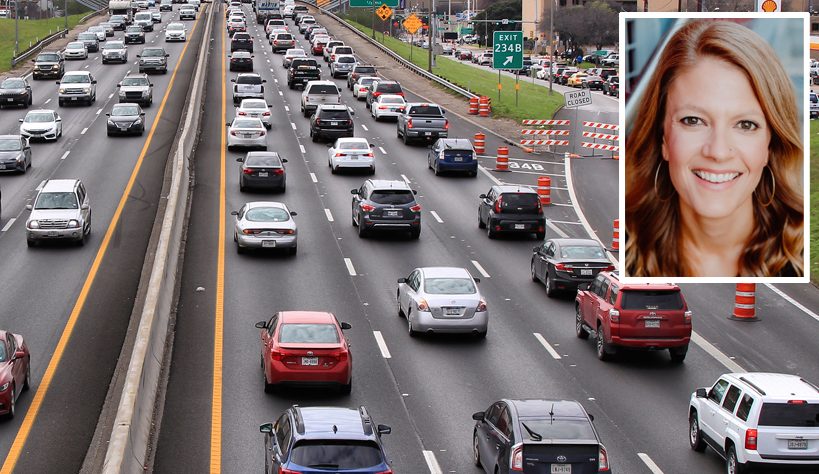The Minneapolis City Council has approved a bold plan that would dramatically increase walkability and other hallmarks of urban living by eliminating mandatory parking that has encouraged car ownership for years.
As part of a larger rezoning that will erase decades of racially discriminatory housing policy, the plan will eliminate off-street parking minimums throughout the city — a reform that would make Minneapolis the third major U.S. city to eliminate such requirements, which are a hidden subsidy for drivers.
A goal of the so-called Minneapolis 2040 plan [PDF] is housing and transportation policy that reduces emissions by 80 percent by 2050. To achieve that, the city hopes to reduce the number of miles driven locally 40 percent.
"That drives us to making every investment that we can on the transportation side to reduce vehicle miles traveled," Robin Hutcheson, the city's director of Public Works, told Streetsblog. "We want to be able to develop the city and have developers be successful without having to overbuild on parking, which has happened historically in all cities."
The elimination of mandatory minimum parking follows similar efforts in Buffalo and Hartford, Conn. The Minneapolis plan also calls for discouraging the construction of surface parking lots, and prohibits new gas stations or drive-throughs citywide.
Auto-oriented land uses — such as auto repair shops — will no longer be allowed near Metro stations.
Most of the discussion of the plan has focused on a rezoning that will allow triplex apartments in every neighborhood — even those formerly zoned only for single family houses, a zoning that exacerbated segregation and skewed the housing market. And there'll be increased density and even stricter parking restrictions near transit stations.
The Minneapolis effort demonstrates that the issues of housing prices and parking are inexorably linked — and must be addressed together if cities want to be more walkable, more integrated and more affordable. Some studies have shown that mandatory parking spaces can add as much as 20 percent to the cost of an apartment.
"Parking minimums and parking ramps harm our efforts at achieving the elimination of racial disparities, addressing climate change and providing affordable housing," Janne Flisrand, a volunteer and co-founder of the advocacy group Neighbors for More Neighbors, told Streetsblog.
The comprehensive plan doesn't make the zoning change — eliminating parking minimums — official. But the law requires that the city's zoning code match the comprehensive plan. Flisrand is confident that City Council will follow through on the zoning changes. The process of changing the zoning laws to align with the plan will take place over the coming year.
"We envision a future where we all find affordable and secure homes in the neighborhood where we choose," Flisrand said.





